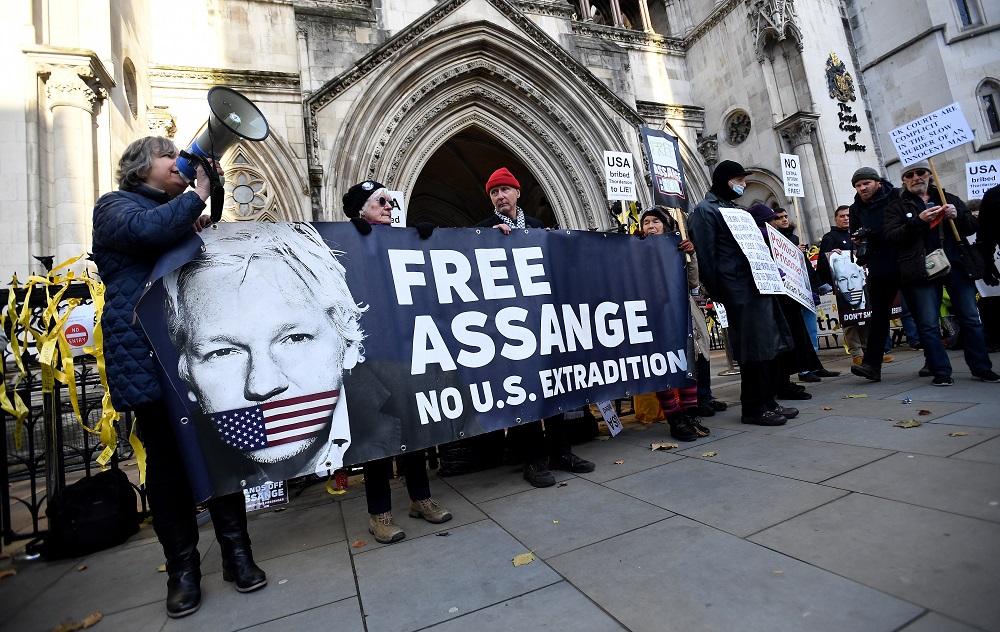The United States government today won its appeal in the Julian Assange case, with London’s High Court ruling that the UK can extradite WikiLeaks co-founder Julian Assange to the U.S. to face espionage charges.
IPI has consistently opposed the extradition of Assange and calls once again on the UK authorities to release him and on the U.S. government to drop its prosecution of him under the Espionage Act.
The prosecution of Julian Assange under the Espionage Act establishes a serious and unacceptable risk for the media’s right to gather and publish information in the public interest. At stake are core principles of press freedom and the right to information. This case sets a precedent that could be used to target journalists and criminalize core newsgathering activities. It has the potential to cast a chilling effect over national security reporting in the U.S. and around the world.
Options to appeal to the Supreme Court remain open to his legal team and Stella Moris, Assange’s fiancée, has said a challenge would be filed as soon as possible, according to media reports. However, it is unclear how what chances of success an appeal may have.
Assange has been charged by the U.S. government under the Espionage Act in connection with WikiLeaks’s publication of secret government documents. All together he is facing a 175-year prison sentence.
Assange’s extradition was previously barred by a London district judge, who ruled that he was at risk of committing suicide in a U.S. prison. The High Court found that assurances given by U.S. authorities were sufficient to override the lower court’s concerns. U.S prosecutors said that Assange would not face solitary confinement and would be able to serve out any prison sentence in his home country of Australia.
Assange has spent nearly the last decade in de facto confinement, first at the Ecuadorian Embassy in London to avoid extradition to Sweden to face questioning in a rape investigation. Since 2019 he has been imprisoned in the UK for skipping bail. Last September, an investigative report alleged that in 2017 that the CIA and the Trump administration considered a plan to kidnap or even kill Assange.


